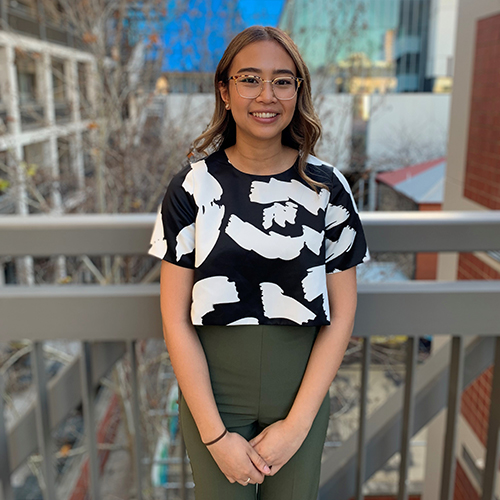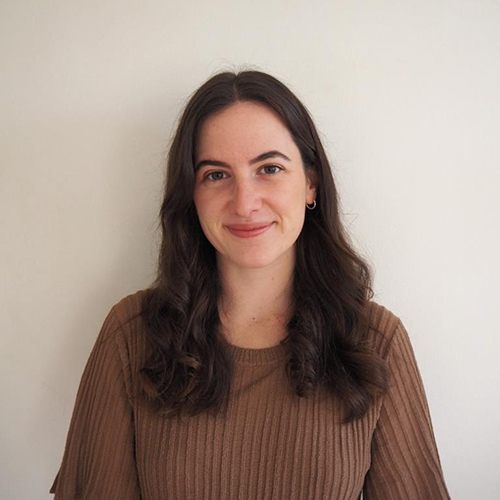10 September 2021

How many of you would wager your life on a coin toss? Sadly, that’s the odds that approximately 300,000 women diagnosed with ovarian cancer this year will face: a 50/50 chance of living beyond five years.
The stark prognosis is partially due to the one-size-fits-all approach to treating women with ovarian cancer, according to PhD candidate Cintya Dharmayanti, who last night won UniSA’s Three Minute Thesis virtual final with a convincing argument in favour of personalised medicine.
“While one patient may respond remarkably well to traditional chemotherapy, another of the same age, same diagnosis and same disease progression may show little or no response at all,” says the postgraduate student who is investigating how nanoparticles can better deliver treatment.
Cintya likens nanoparticles to “teeny tiny drug carriers,” almost like miniature cars on a highway, safely carrying passengers (in this case medication) to their destination – the tumour.
“Unfortunately, in their current state these nanoparticle cars are lacking a vital component – a driver to ensure they reach the right location.
“Chemotherapy drugs are ending up in the wrong places, like the brain or kidneys, which can lead to an array of horrible side effects, including hair loss, pain and kidney failure, among many others.”
Cintya says by attaching a specific targeting molecule – in other words, the driver – to the surface of the nanoparticle drug carriers, they can actively target the ovarian tumour to release the chemotherapy drugs.
“Not only does this mean that the treatment is more effective in destroying cancerous tumours, but the patient is far less likely to experience horrible side effects associated with chemotherapy because healthy organs are not affected.”
Cintya says nanoparticles can be tailored to each patient, personalising the treatment, and increasing their odds of surviving beyond five years.
Her research is being undertaken in the Applied Chemistry and Translational Biomaterials (ACTB) Group under the supervision of Associate Professor Anton Blencowe.
Cintya will now compete at the 2021 Virtual Asia-Pacific 3MT Competition on 20 October.

The judges awarded $1000 to runner-up Sophie Jano, a UniSA Justice and Society PhD student whose research focuses on the brain’s ability to make predictions and not waste any processing effort.
An example: what’s the opposite of black? If someone answers ‘yellow’, the brain instinctively knows that is wrong, based on previous information it has learned.
“Your brain is geared to make predictions constantly. We know this happens, but we don’t know exactly how,” Sophie says.
As part of her PhD, Sophie is investigating whether there is a neural marker of prediction, a brain ‘signature’ that guides this process.
By comparing people exposed to predictable and unpredictable information, and testing their memory afterwards, Sophie hopes to measure brain activity for any differences.
“My findings will not only tell us about the inner workings of the brain but could also have implications for how we understand learning, social biases such as stereotypes, and even mental illnesses such as schizophrenia.”
Voting is now open for the 3MT People’s Choice winner.
The online event can be viewed at: https://www.unisa.edu.au/research/degrees/3mt/
Media contact: Candy Gibson M: +61 434 605 142 E: candy.gibson@unisa.edu.au



